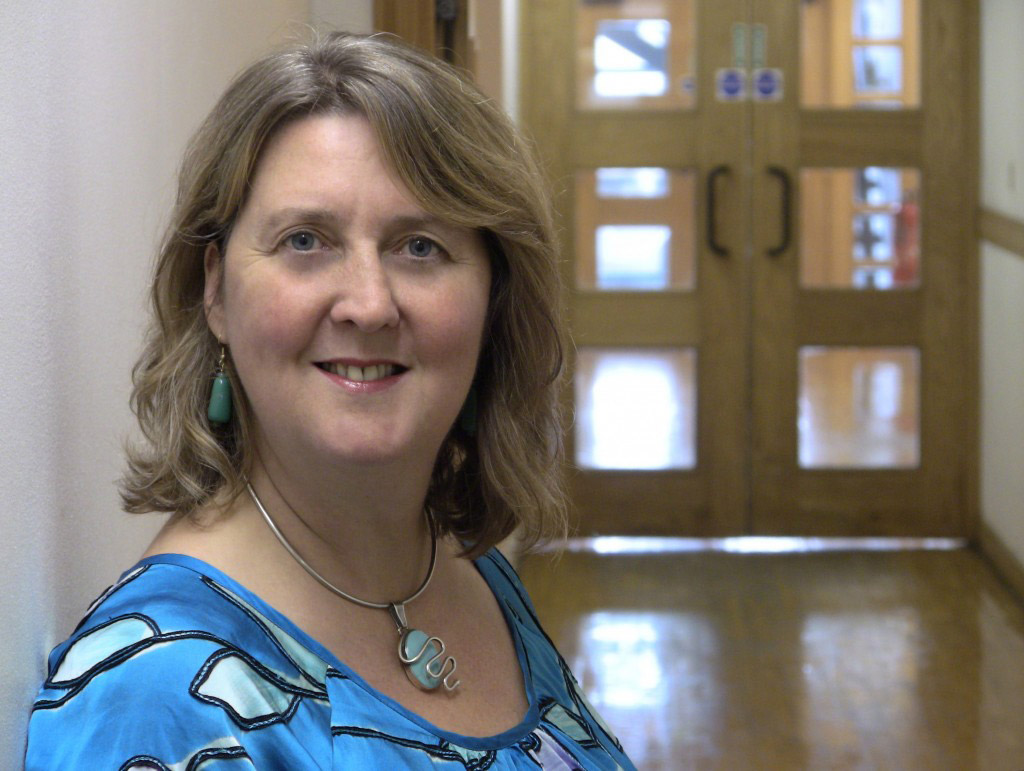 This is a guest blog by Helen Milner, Chief Executive of the Tinder Foundation
This is a guest blog by Helen Milner, Chief Executive of the Tinder Foundation
It’s hard to believe that over 12.6 million people in the UK still aren’t using the internet. For most of us, saving time by paying bills, ordering repeat prescriptions online, making savings by internet shopping and of course, keeping in touch with friends and family via Facebook and Skype is all just part of today’s world. And it’s those who are most excluded who are likely to be left behind; 49% of those without basic digital skills are disabled, and 60% have no qualifications, and 31% earn less than £9.5k a year.
The sad thing is, the people who are excluded from the digital world are also the most likely to be facing social exclusion in some form or another – such as health inequality, low educational attainment, unemployment, or disability. It’s these people who really benefit the most from what the internet can offer, including access to all of the information available on the web, including advice about finances and benefits, health information and services and access to jobs.
At Tinder Foundation, we’re committed to ensuring everyone can benefit from digital technology, and so are working hard – through our network of UK online centres – to close this gap, and to help people gain the skills they need to benefit from technology.
The commitment and support of the team here at Tinder Foundation is central to this, which is why I’m delighted that a few weeks away we were awarded charity status as one of the first organisations to do so while maintaining its mutual status. This was vital to us as it means all staff participate in major decisions, and four members of staff also sit on our board. I have no doubt that it is our culture of staff participation which enables us to recruit the very best people with the right talent and commitment to our organisation’s goals.
Tinder Foundation was spun out of learndirect (the distance and online learning provider) in 2011. We’ve helped over 1.8 million gain basic digital skills – but our work is far from complete. Since the organisation was established, our role and scope has evolved and now as a charity, we can be much more influential as a catalyst for social change through digital. We’ve always worked collaboratively with the public, private and third sectors to address social challenges using digital, and this will just allow us to expand our reach.
Meeting the requirements of the Charity Commission wasn’t an easy process – and quite rightly so, given the decision-making powers that our staff Trustees wield – but I think it allows us to be even more innovative and effective as a result. Now in our new charity guise, we’re excited about building on our achievements, delivering new projects and partnerships.
2016 is already shaping up to be a very exciting year for Tinder Foundation. We’re running a mass programme supporting over 250,000 socially excluded people, plus a number of test and learn projects to target new approaches to social and digital exclusion, and we’re expanding our relationships with companies, and central and local government. Our Big Lottery funded Reboot UK programme – a consortium project being delivered with Homeless Link, Family Fund and MIND – will illustrate the transformative effective of digital skills on those who are living on the margins of society, including homeless people, people with mental health problems and families with disabled children.
Partnership is key to our success, and by working with others – across the third sector and beyond – is how we’ll be able to have the biggest impact. As we move into this new phase, we’d love to work with new local, regional, national and international partners, so please do get in touch – to learn more about our journey so far, or to talk about how we can work together.
